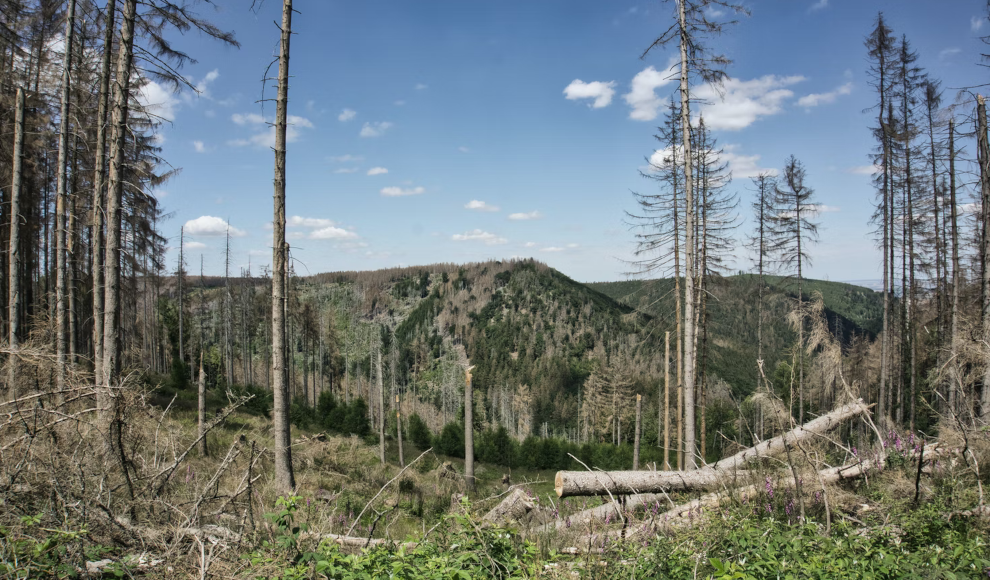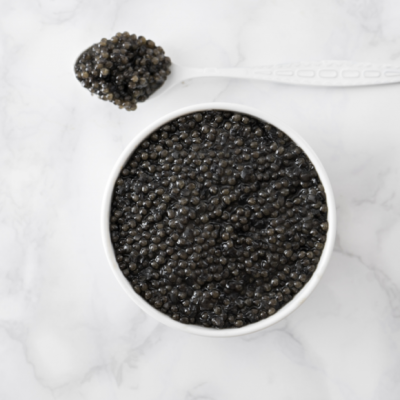Coral reefs have been hit hard by climate change, with global coral stocks declining by around 14% over the past decade. However, a recent study by the Arizona State University (ASU) has found that not all coral reefs are equally threatened by rising water temperatures. The research, published in the journal PNAS, shows that coral reefs with a high density of coral colonies are more resistant to the effects of heatwaves. This knowledge could help to inform targeted conservation efforts to protect these vital ecosystems.
The ASU study focused on the impact of heatwaves on coral reefs around the six main Hawaiian islands. Using satellite and infrared images taken before and after a prolonged heatwave in 2019, the researchers found that coral cover had declined by 26% over the course of a year. However, some reefs were more resilient than others, with losses ranging from 30% to 40%. The study found that reefs with a higher density of coral colonies were better able to withstand the higher water temperatures, as were those that had not been heavily impacted by human activity.
The researchers suggest that their findings could help to protect coral reefs by informing targeted conservation efforts. While some reefs may be too vulnerable to save, others could be protected through measures such as reducing human impact and pollution, and by focusing conservation efforts on the most heat-resistant reefs. By understanding which reefs are most at risk, conservationists can work to protect these vital ecosystems for future generations.
In conclusion, the ASU study provides valuable insights into the resilience of coral reefs in the face of climate change. By identifying the factors that make some reefs more resistant to rising water temperatures, conservationists can work to protect these vital ecosystems and ensure their survival for years to come.










